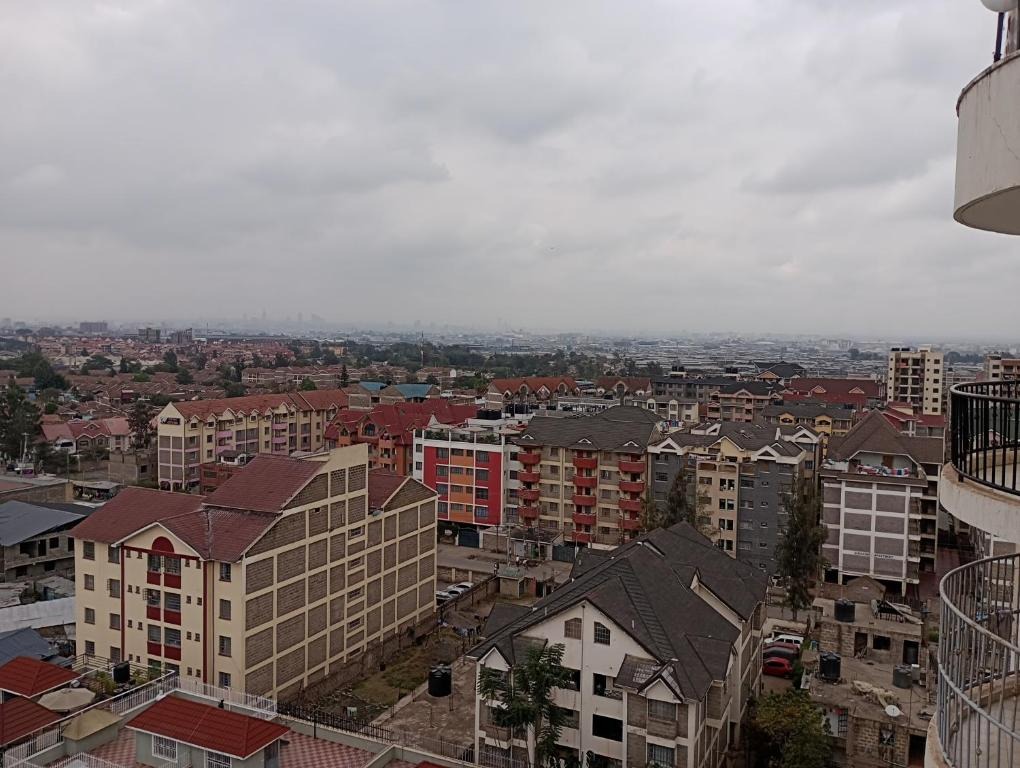The landscape of investment in Kenyan real estate is evolving with the advent of crowdfunding platforms, offering a novel avenue for both local and international investors to participate in the burgeoning property market. Crowdfunding, a method of raising capital through the collective effort of friends, family, customers, and individual investors, is transforming the way real estate investments are made, democratizing access to opportunities that were once the preserve of the wealthy or institutional investors.
In Kenya, where access to credit is a challenge for many, crowdfunding is emerging as a viable alternative for real estate financing. This model of investment allows for small-scale investors to pool resources and invest in property developments, potentially reaping significant returns as the value of real estate appreciates over time.

There are several forms of real estate crowdfunding, each catering to different investor needs and preferences:
– Reward-based crowdfunding: Investors contribute funds in exchange for non-monetary rewards related to the project.
– Donation-based crowdfunding: Contributions are made without expecting any financial return, often for charitable causes.
– Debt-based crowdfunding (peer-to-peer lending): Investors lend money with the expectation of repayment with interest.
– Equity-based crowdfunding: Investors receive a share of ownership in the property or development project.
The appeal of real estate crowdfunding in Kenya lies in its potential to offer investors a slice of the real estate pie without requiring large capital outlays. Platforms facilitate the matching of investors with vetted projects, ensuring due diligence and reducing the risks associated with property investment.
Opportunities and Challenges for Crowdfunding Investors
However, the regulatory environment for crowdfunding in Kenya is still in its infancy. The Capital Markets Act provides some oversight for debt and equity-based crowdfunding, but comprehensive legislation specific to crowdfunding is yet to be established. This lack of regulation presents both opportunities and challenges, as investors navigate a relatively new and uncharted territory.
For those considering investing in Kenyan real estate through crowdfunding platforms, it is crucial to conduct thorough research and understand the intricacies of the market. The success stories of crowdfunding in real estate are compelling, with projects along the Southern Bypass and resorts in Nakuru and the Coast demonstrating the potential for high returns.
In conclusion, real estate crowdfunding in Kenya represents a frontier market with significant growth potential. It offers a unique opportunity for investors to diversify their portfolios and tap into the real estate market with relatively modest investments. As the market matures and regulations become more defined, crowdfunding could well become a mainstay in the Kenyan real estate financing landscape, providing a boost to the economy and offering a path to property ownership for a broader segment of the population.
For further reading on the subject and to explore available crowdfunding opportunities, you may visit the detailed discussions and analyses provided by Realty Boris.







